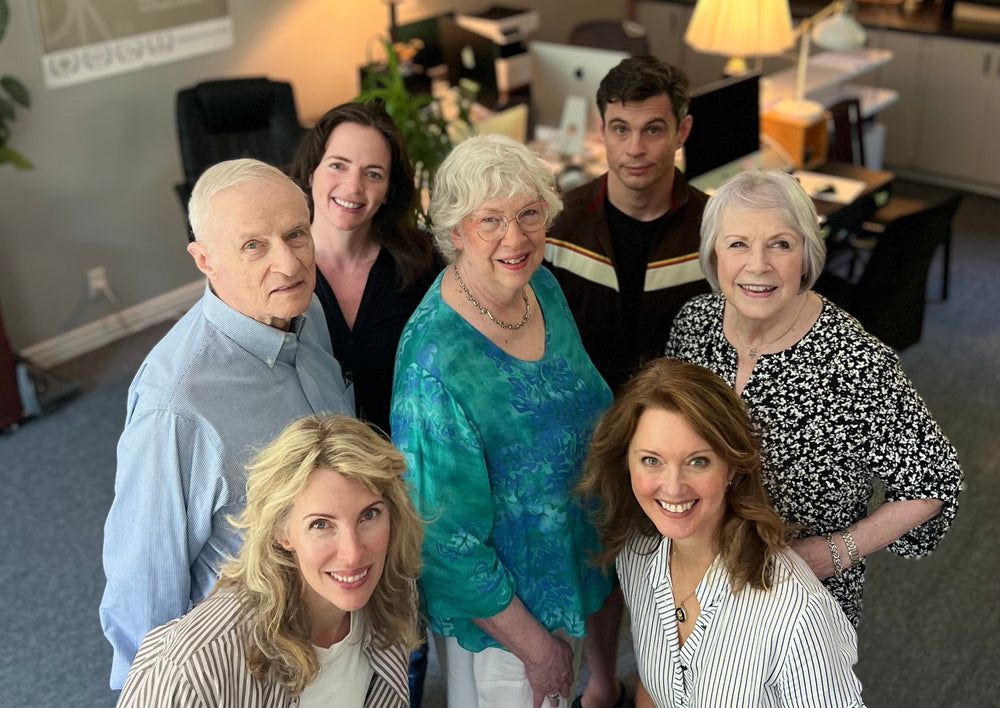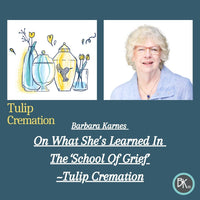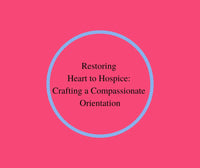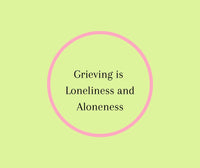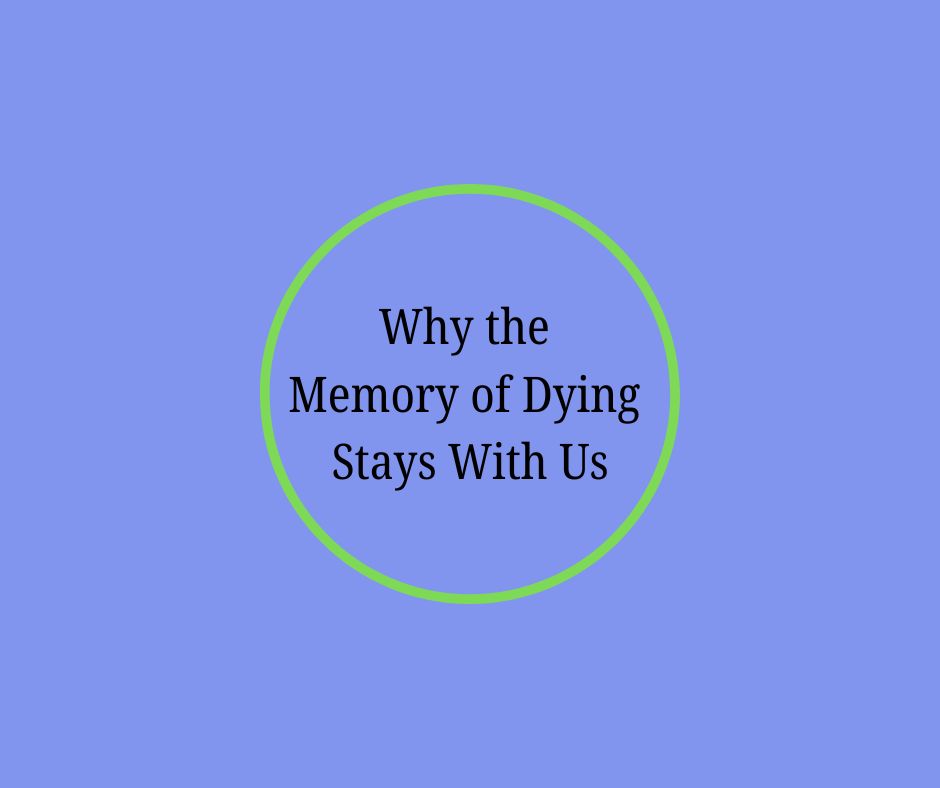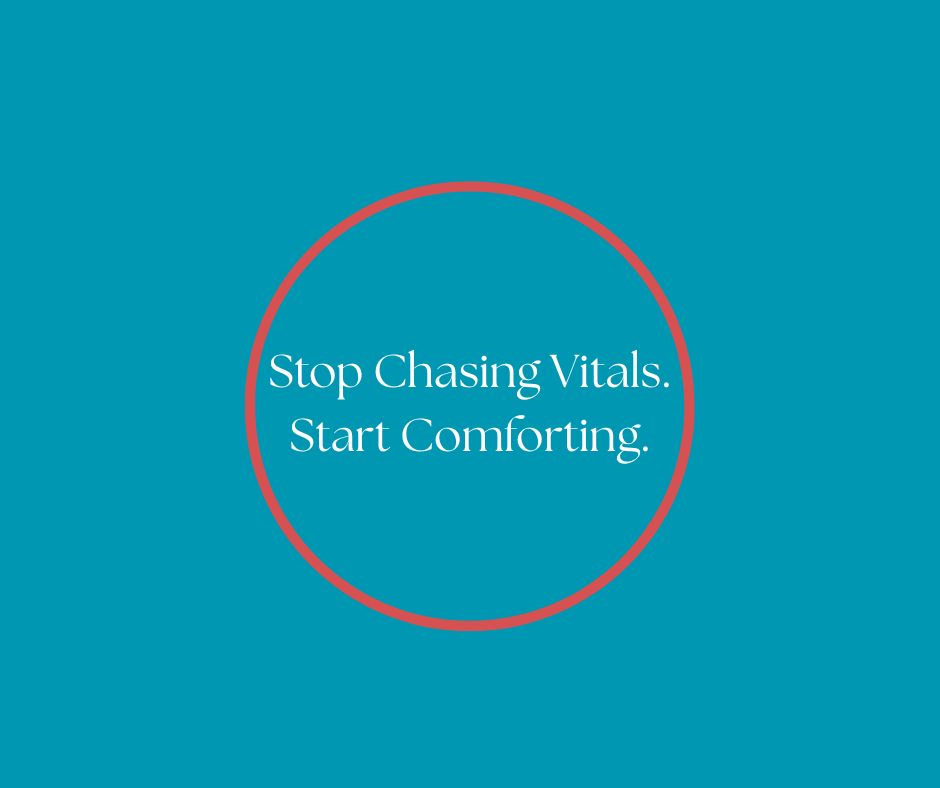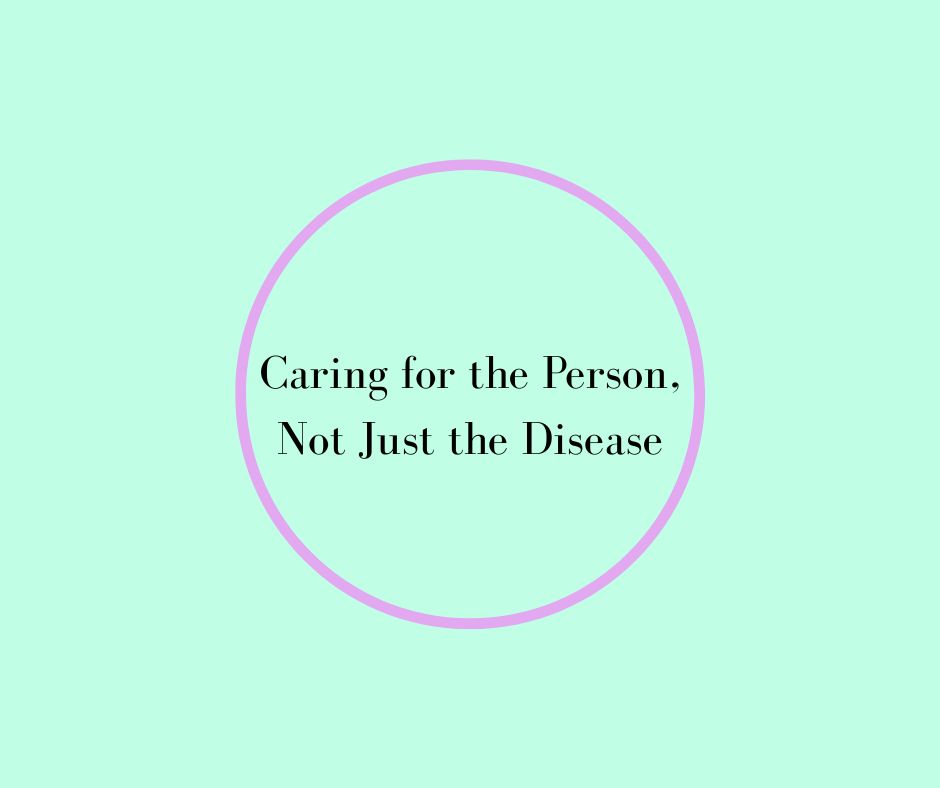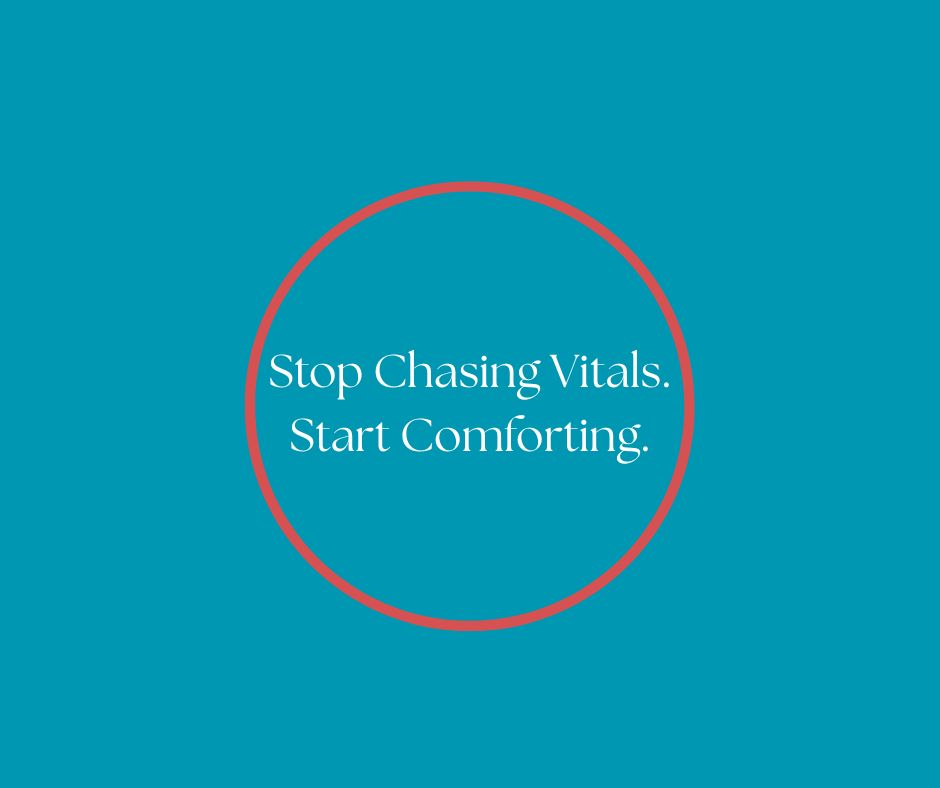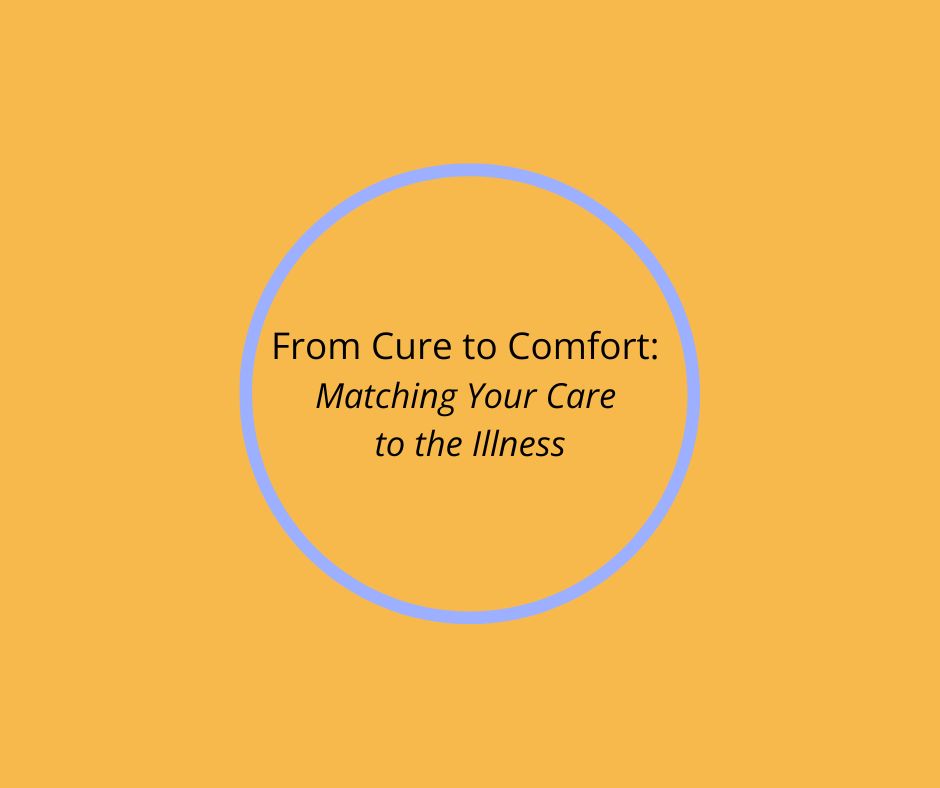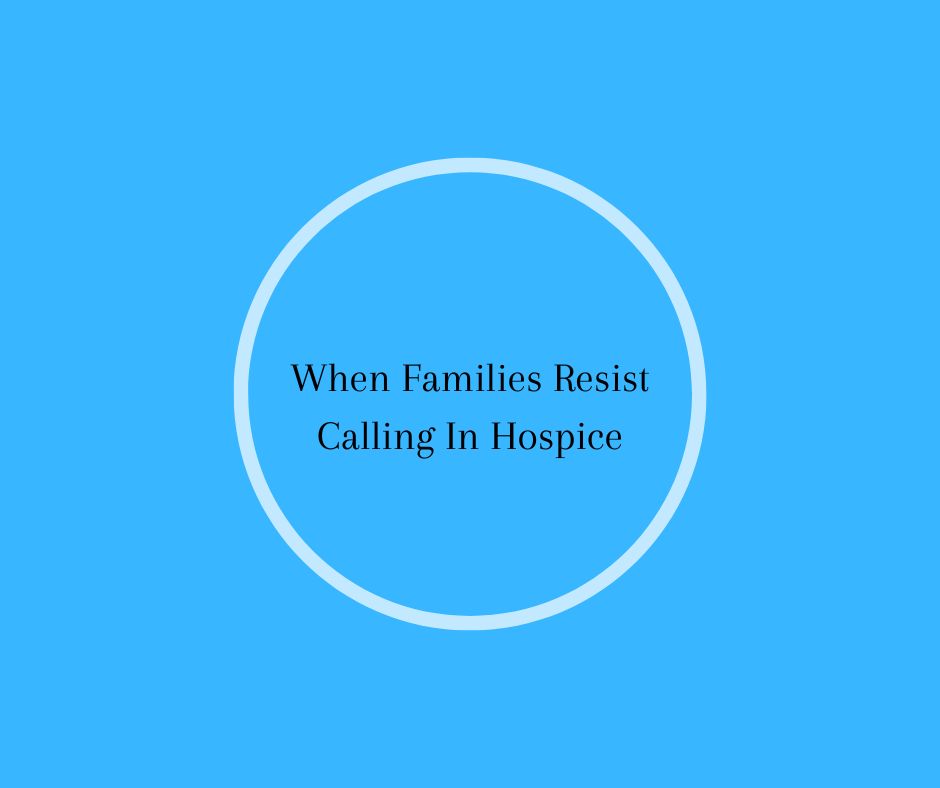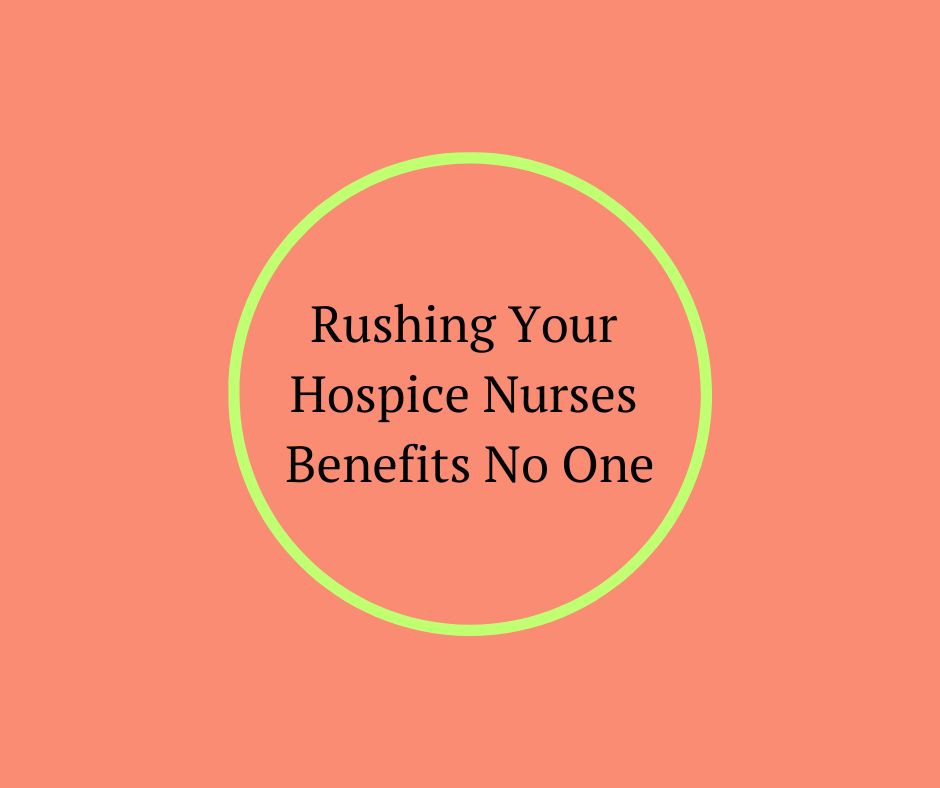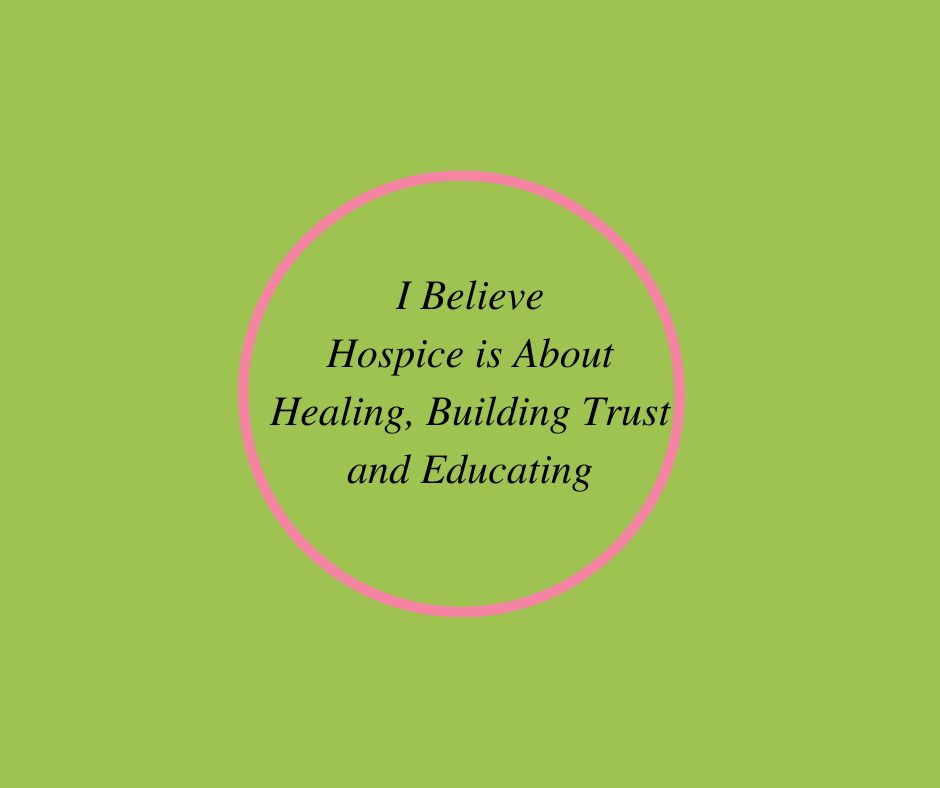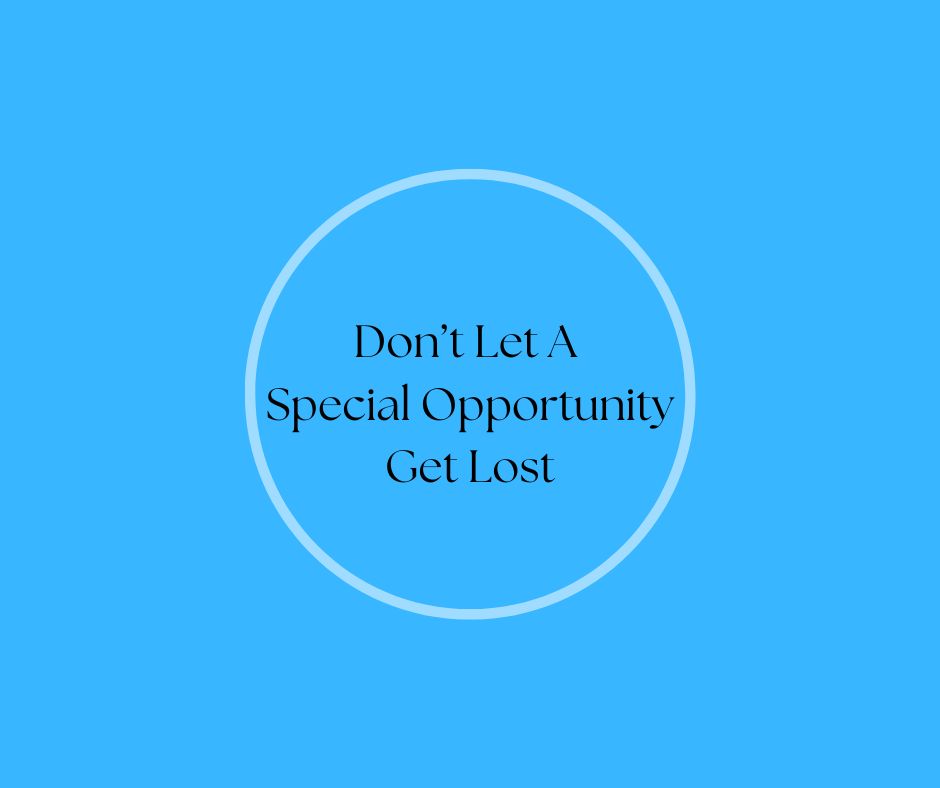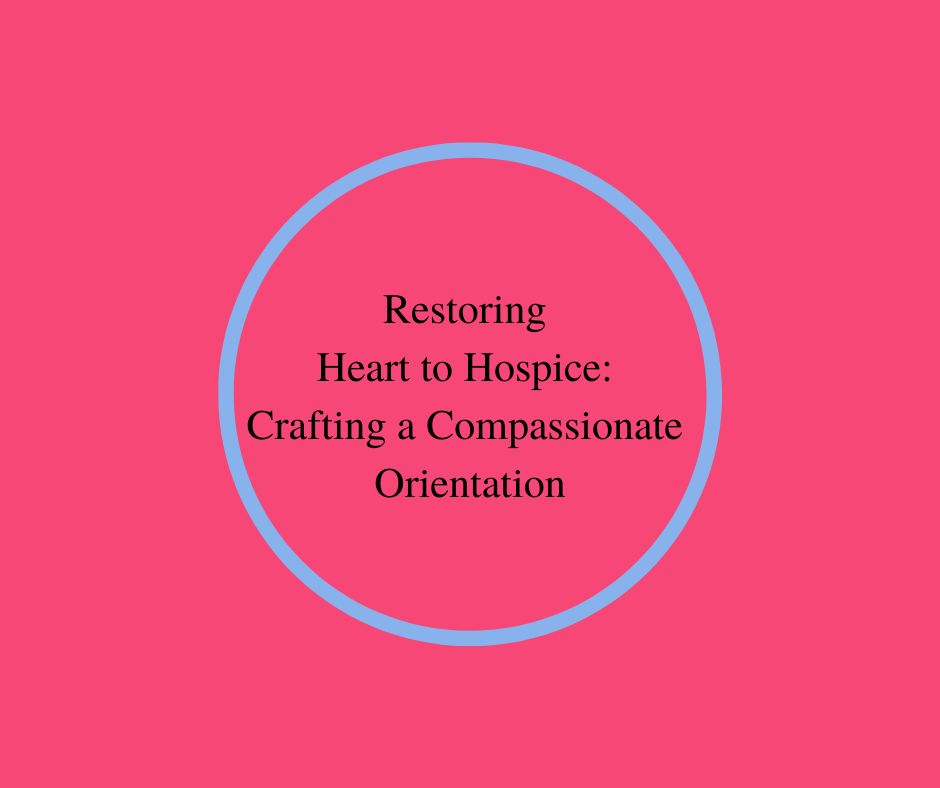
Something to Think About
a blog on end of life
- All posts
- addiction
- advance directive
- alzheimers
- Anger
- anticipation
- anticipatory grief
- Approaching Death
- assisted care
- assisted death
- Assisted Living
- Barbara Karnes
- bereaved
- Bereavement
- burnout
- BY YOUR SIDE A Guide for Caring for the Dying at Home
- cancer
- caregiver
- caregiver fatigue
- caregiver support
- caregiving at end of life
- children
- Clinician
- cna
- comfort care
- communication
- covid 19
- Dame Cicely Saunders
- Death
- death and dying
- death awareness
- death cafe
- death call
- death care
- death doula
- death education
- death midwife
- death of a pet
- death ritual
- dementia
- dementia doula
- diagnosis
- Director of Education
- disease
- DNR
- doctors
- dying
- dying looks different than expected
- dying pet
- dying process
- Dynamics of Dying
- Eating or not eating
- elderly
- Elisabeth Kubler-Ross
- end of life
- end of life doula
- end of life education
- end of life planning
- estate planning
- euthanasia
- family
- family caregiver
- father
- Fear
- Feeding
- Financial records
- Food
- food at end of life
- Funeral
- gift
- Gone From My Sight
- graduating from hospice
- gratitude
- Grief
- Grief Counselor
- grief support
- grieving
- Guilt
- holidays
- Home Care
- home death
- home health
- home healthcare
- Hospice
- Hospice Blue Book
- hospice care
- hospice chaplain
- hospice education
- hospice end of life care
- hospice for pets
- hospice myths
- hospice nurse
- hospice nurses
- hospice patient
- hospice physician
- hospice referral
- Hospice Social Worker
- Hospice Staff
- hospice volunteer
- hospice volunteer training
- hospital
- How Do I Know You ?
- How Do I Know You? Dementia at the End of Life
- Hydration or dehydration
- infant death
- joy
- labor
- labor at end of life
- life limiting
- life support
- loss
- media
- Medicade
- medical visits
- Medicare
- medication
- medications
- memory care
- midwife
- mindfulness
- moment of death
- morphine
- mother
- My Friend I Care
- narcotics
- New Rules For End Of Life Care
- No Code
- Not Eating
- nurse
- nurses aide
- Nursing facility
- Nursing home
- nutrition
- Old Age
- older pet
- orientation
- oxygen
- pain
- pain at end of life
- pain management
- pain relief
- palliative care
- palliative sedation
- pandemic
- peace
- personality
- Pet death
- Pet illness
- physician
- podcast
- POLST
- prepare for death
- quality of life
- religion
- Retirement Home
- ritual bath
- RN
- sacred
- self care
- seniors
- signs of approaching death
- sleep
- Social Worker
- spanish grief literature
- stages of grief
- sudden death
- Suicide
- Supervisors
- support
- terminal
- terminal agitation
- terminal diagnosis
- terminal illness
- terminal restlessness
- The Eleventh Hour
- The Final Act of Living
- This Is How People Die
- Time
- Time of Death
- trauma
- treatments
- vigil
- visions
- volunteer
- volunteers
- washing the body
- widow
- widowhood
- wife
- Will
- You Need Care Too
We often replay the final moments of a loved one’s life — the sights, sounds, and emotions that felt so overwhelming. In truth, dying is rarely the peaceful scene we...
As death approaches, taking a blood pressure is one more unnecessary intrusion for the patient and for the family. Will what you learn affect anything?
Healing is not just about the physical body. We are mental and emotional beings that have a physical body.
It is hard to comprehend that our special person will die no matter what we do. No matter how many treatments, how much medicine, or how much food we give,...
Dame Cicely Saunders — an important and influential physician, nurse, social worker, and writer in end of life care — established a specific facility to care for those people that...
Death from disease and old age doesn’t just happen. There are signs and changes that begin occurring months before death arrives. You can use those signs as a reference indicating...
Some illnesses are curable. Some are uncertain. And some can’t be fixed—no matter what we do. Knowing which type you or your loved one is facing can help you choose...
End of life care is about bonding and developing trust — not just with the patient, but with the family and the caregiver, as well...
Knowledge is important for the person dying because they are processing their life on many levels. It is important for the watchers because it is our final opportunity to connect,...
Today most hospices have some sort of a hospice house arrangement. It may be in a designated portion of a nursing facility or in a free standing building of its...
Working with end of life all these years has shown me how special each day is. It has also shown me the value and the gift of living, doing, and...
Hospice began as an ideal, a step outside of the medical model. It was generally operated by volunteers and it was financed and maintained by community fundraising and donations...
How does a person feel as a hospice patient? Everyone is waiting on them, they are unable to do things for themselves. They have to wear diapers and probably don't want...
Part of "selling" hospice is to create trust and a bond during that first meeting. It takes people skills in addition to knowledge of hospice benefits...
Families are stressed and frightened and by the time they finally reach out for hospice services, they have already wanted and needed them for days if not weeks.
As end of life approaches, people start looking at their life; what they’ve accomplished, not done, who they have touched, interacted with, and the relationships they have or have not built...
All the hours of talking, drinking coffee, and eating homemade pies was time spent healing, building trust, and educating. It wasn’t about blood pressures. It was about people, feelings, and...
I believe everyone has the right to be told once that they can’t be fixed. It is the physician’s job to compassionately and honestly give that information...
People don’t die like they do in the movies. Mom is not going not going to say some profound words, close her eyes and be dead...
Taking care of someone who is at the end of life is different from taking care of someone who is going to get better, BUT most people don’t know this—-including...
My husband Jack has been dead eight months. In processing the five months from his diagnosis to his death, what stands out most for me is the tension that surrounded food....




